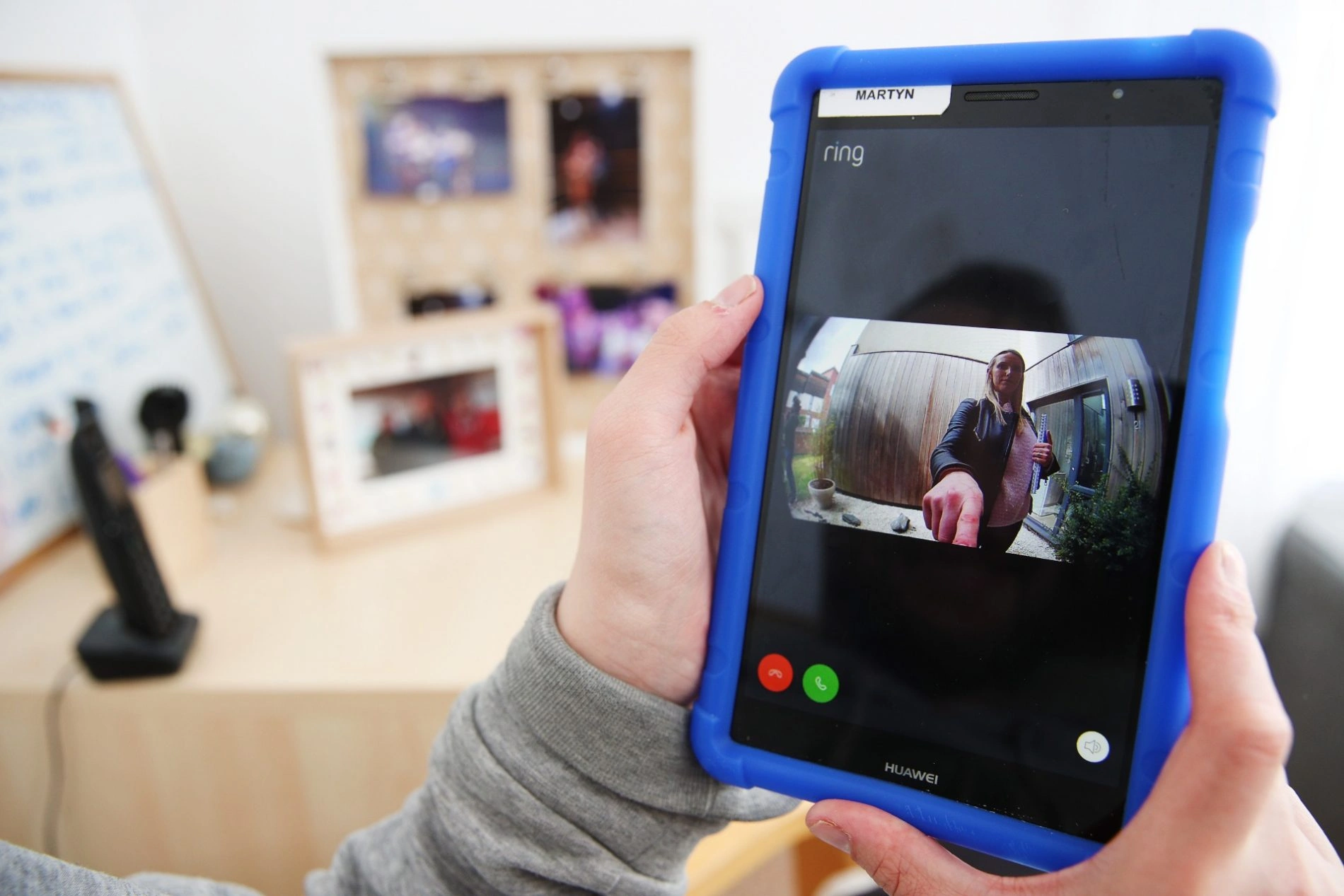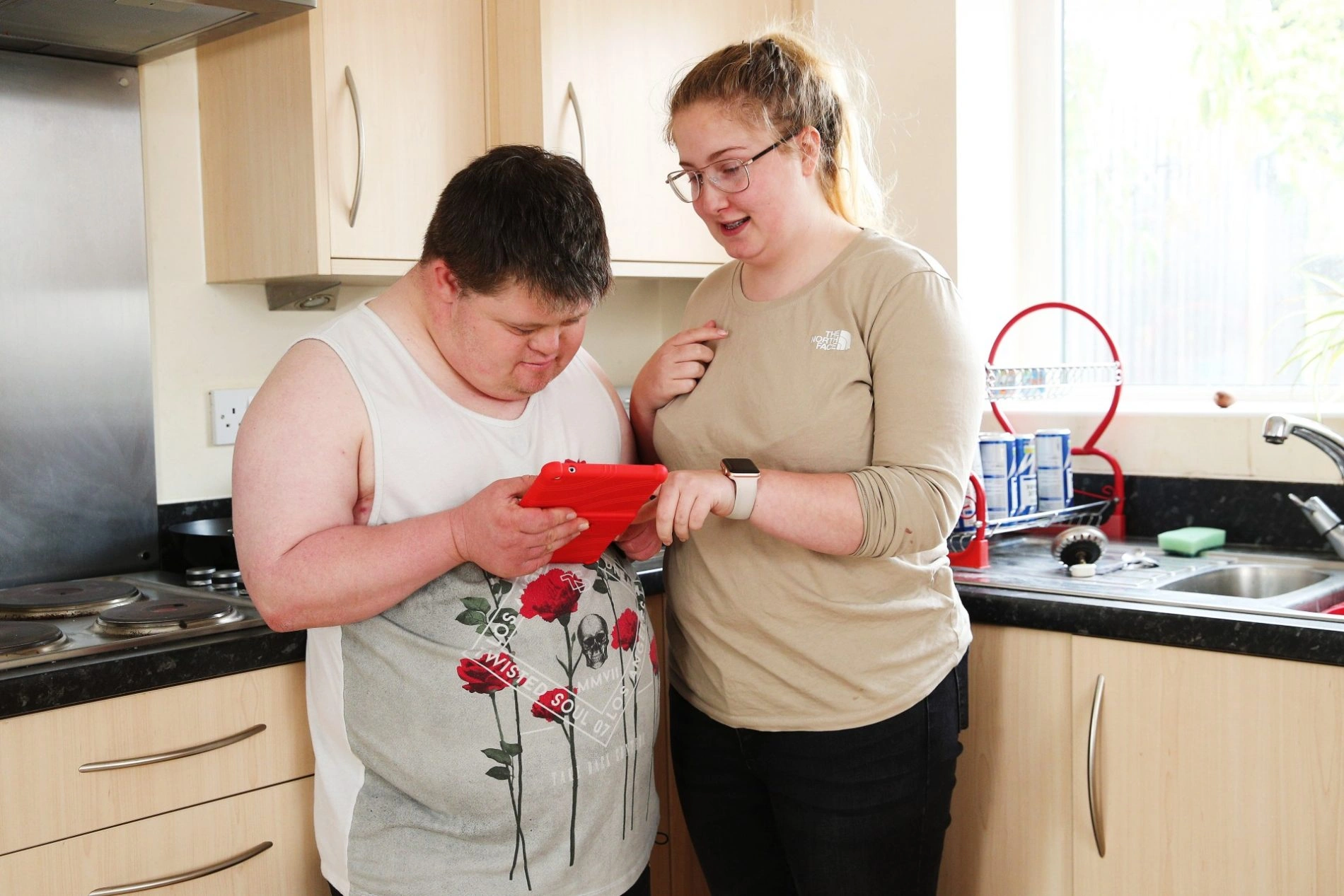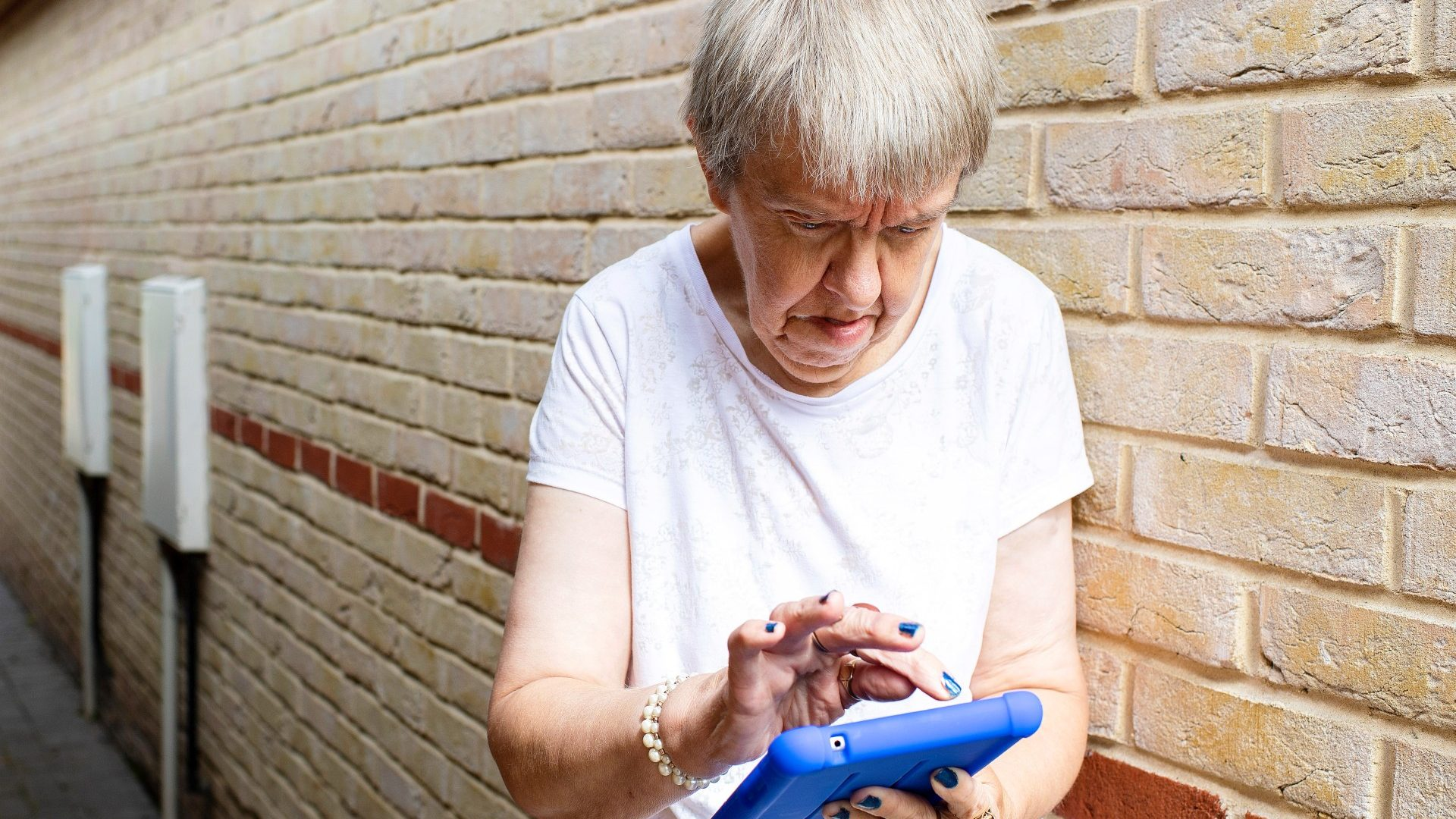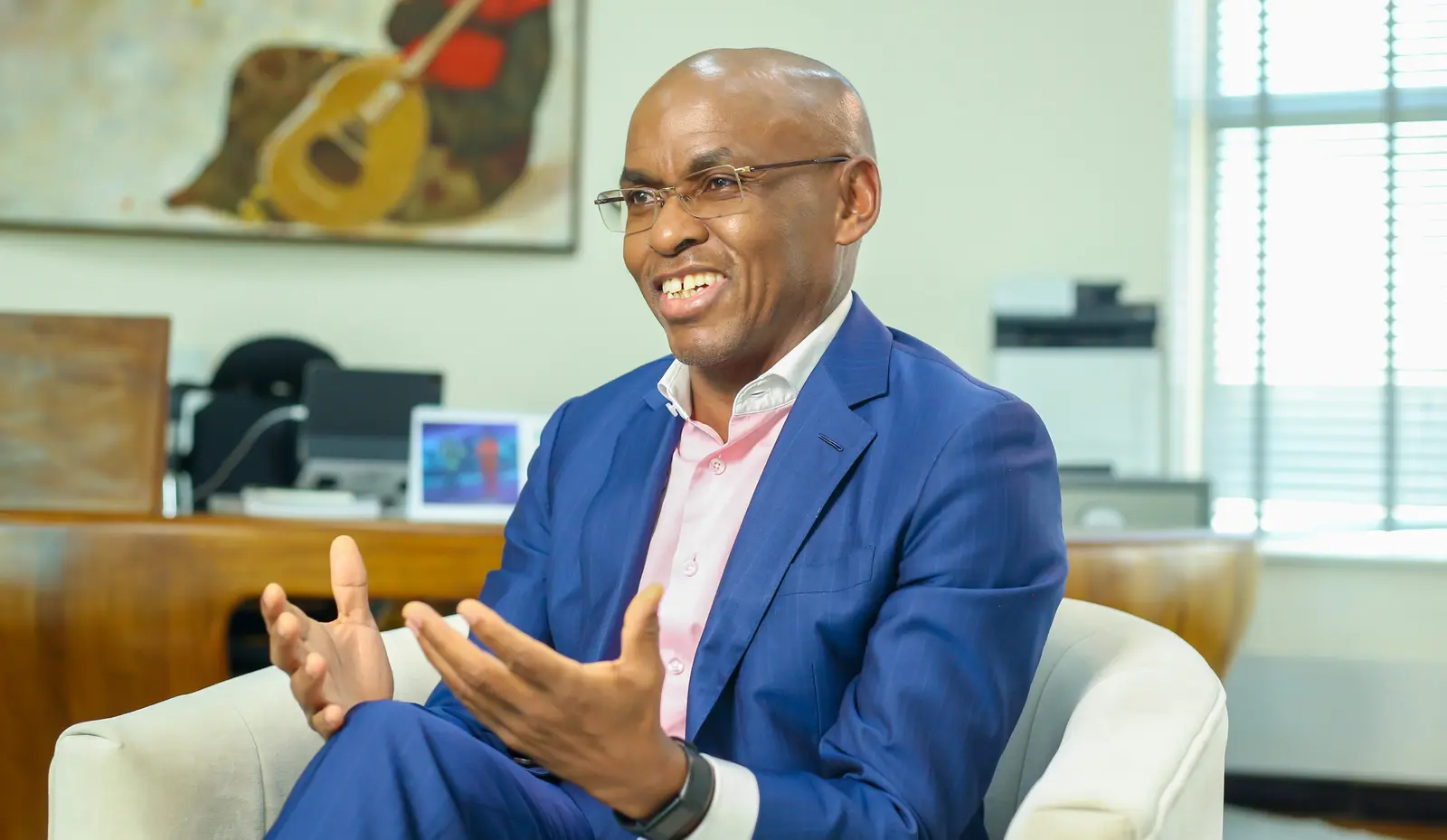“A big difference, a big difference. It’s got all the things on there now,” says Jen, scrolling through a customised tablet that puts her in control of her smart devices.
Jen gets flustered if she doesn’t know her daily routine. People with a learning disability can take longer to learn new things.
They may need support to develop new skills, understand difficult information, and engage with other people. In the UK, there are 1.4 million people with a learning disability.
Which is why the Connected Living pilot scheme has been designed to bring increased autonomy and accessibility to their lives. For Jen, this means tailor-made technology that lets her confidently keep track of her schedule.

Picture Credit: Vodafone Group
Internet of care
The project is a partnership between Vodafone’s social enterprise arm, Vodafone Business Ventures, and learning disability charity Mencap.
The initiative has connected 30 Mencap care homes through internet of things (IoT)-enabled devices and a suite of personalised digital services.
The hope is it will make everyday tasks – from household chores to socialising – easier for supported living residents to manage themselves.
“Shopping, that’s the best one,” Jen says as she pauses on the ‘My Day’ feature, a diary management tool that creates daily reminders for tasks.
Other functions include a to-do list that outlines responsibilities, visual guides that help residents acquire everyday life skills. and a call button that connects them to their support worker.
A simplified user interface means residents can easily navigate the technology – allowing them to take control of areas of their lives that were previously inaccessible.
“I take a step back and let her do things for herself to give her more independence,” says Mencap support worker Gwen.
“It makes you feel very proud because you just think, ‘Oh my God, wow, that a tablet can have that effect on one person is amazing.’”
Feeback loop
Over a 12-month trial period, Vodafone’s research and development (R&D) team worked closely with Mencap support workers to integrate their expertise into Connected Living – frequent amendments were made at their suggestion.
“I’ve been involved with the Vodafone Development team the whole way through,” says Sophie Baldry, an assisted service manager at Mencap.
“They were amazing. Every bit of feedback got taken on-board and changed. They always asked me what could be improved.”
And, she adds, she even thought up the function that ended up as Jen’s favourite.
“Some of the apps I actually suggested, like the shopping list one.”

Picture Credit: Vodafone Group
Going solo
Since Connected Living was launched at his care home, Mencap resident Ashley Baldwin has enjoyed newfound freedom.
Armed with an Oyster Watch – a wrist watch that sends his exact GPS location to his support worker at the press of a button – he now feels comfortable heading out alone.
“Because of the Connected Living technology, he can go into town, he can feel safer, because he has that little bit of protection,” says Sophie.
Ultimately, the technology aims to change lives for the better – for everyone involved.
As residents gain independence, it lifts some of the immense pressure upon those who care for them, from support workers to family members.
For the residents themselves, they are seeing their diverse needs met with bespoke answers.
Matt Massey, a verbally challenged Mencap resident, uses the ‘My Talk’ app on his tablet to help with communication. When he taps on an image, an automated voice speaks for him.
“I am happy,” it says.
“Yeah, happy, yeah,” Matt affirms with a smile.

























